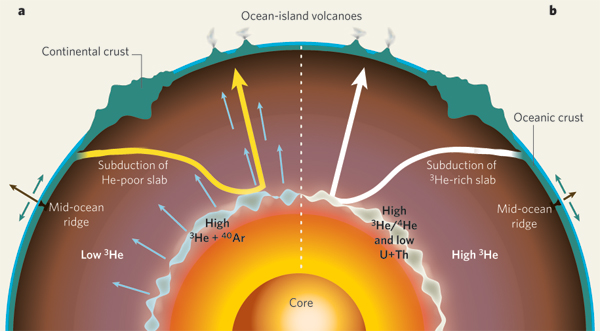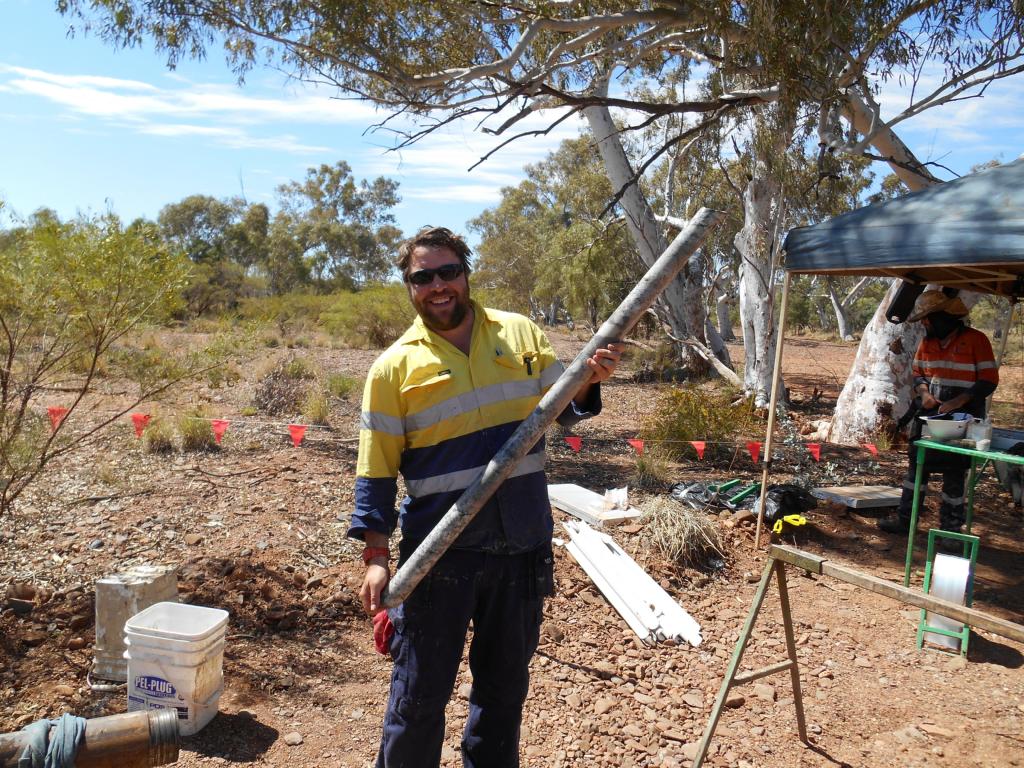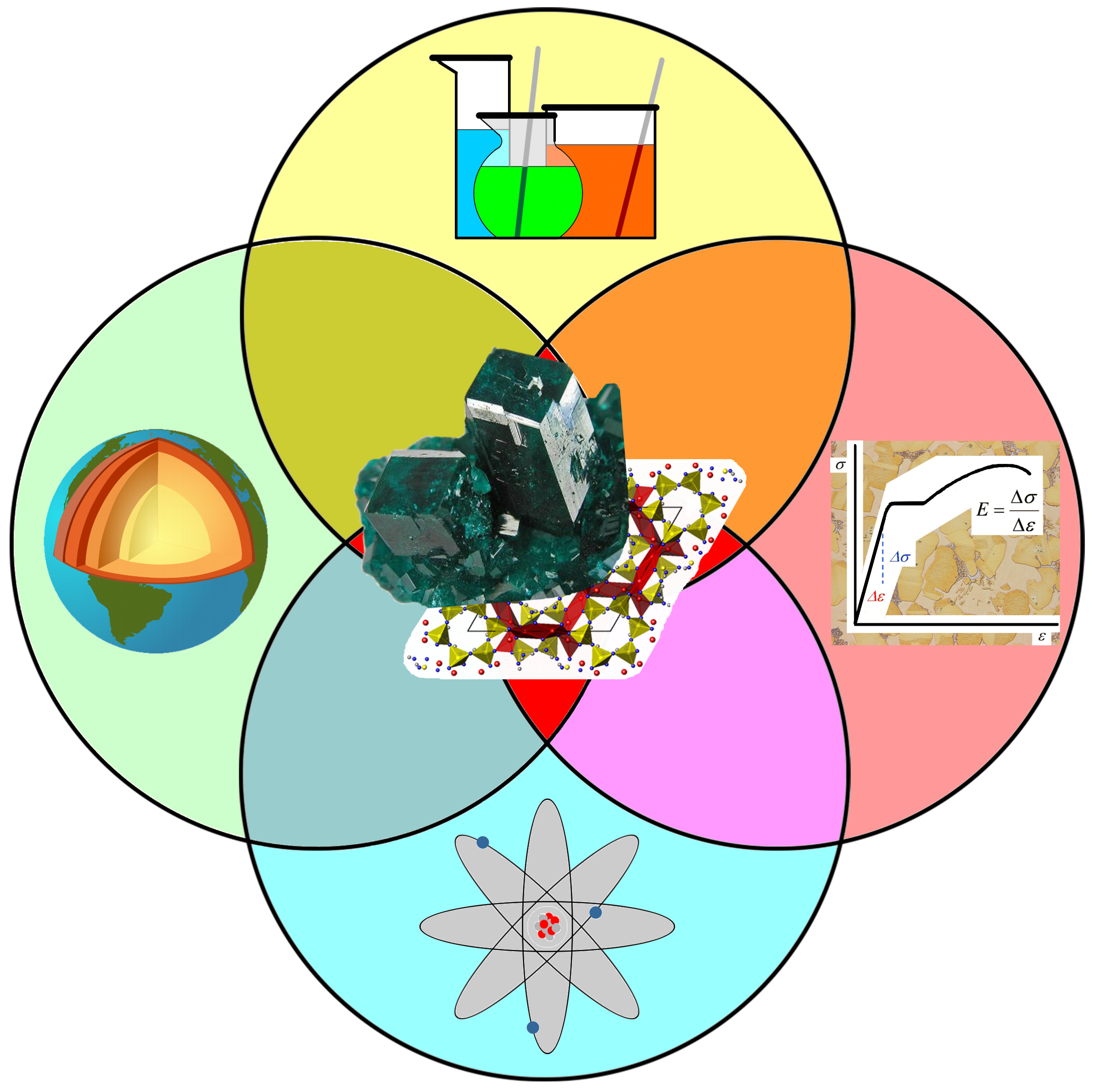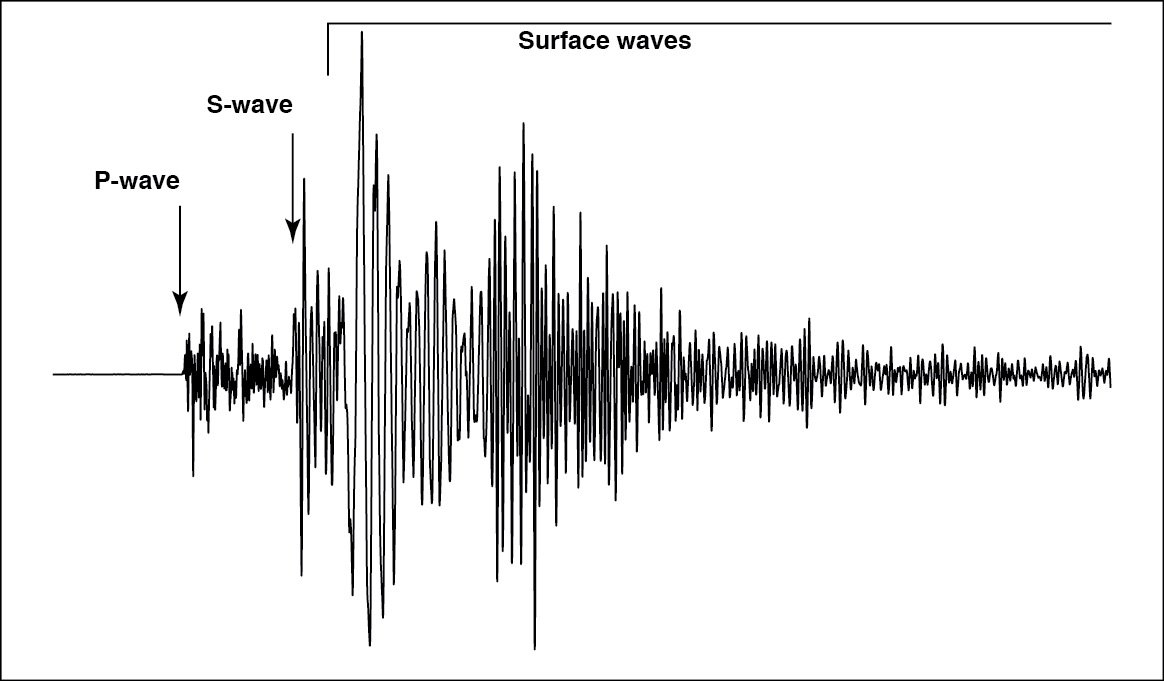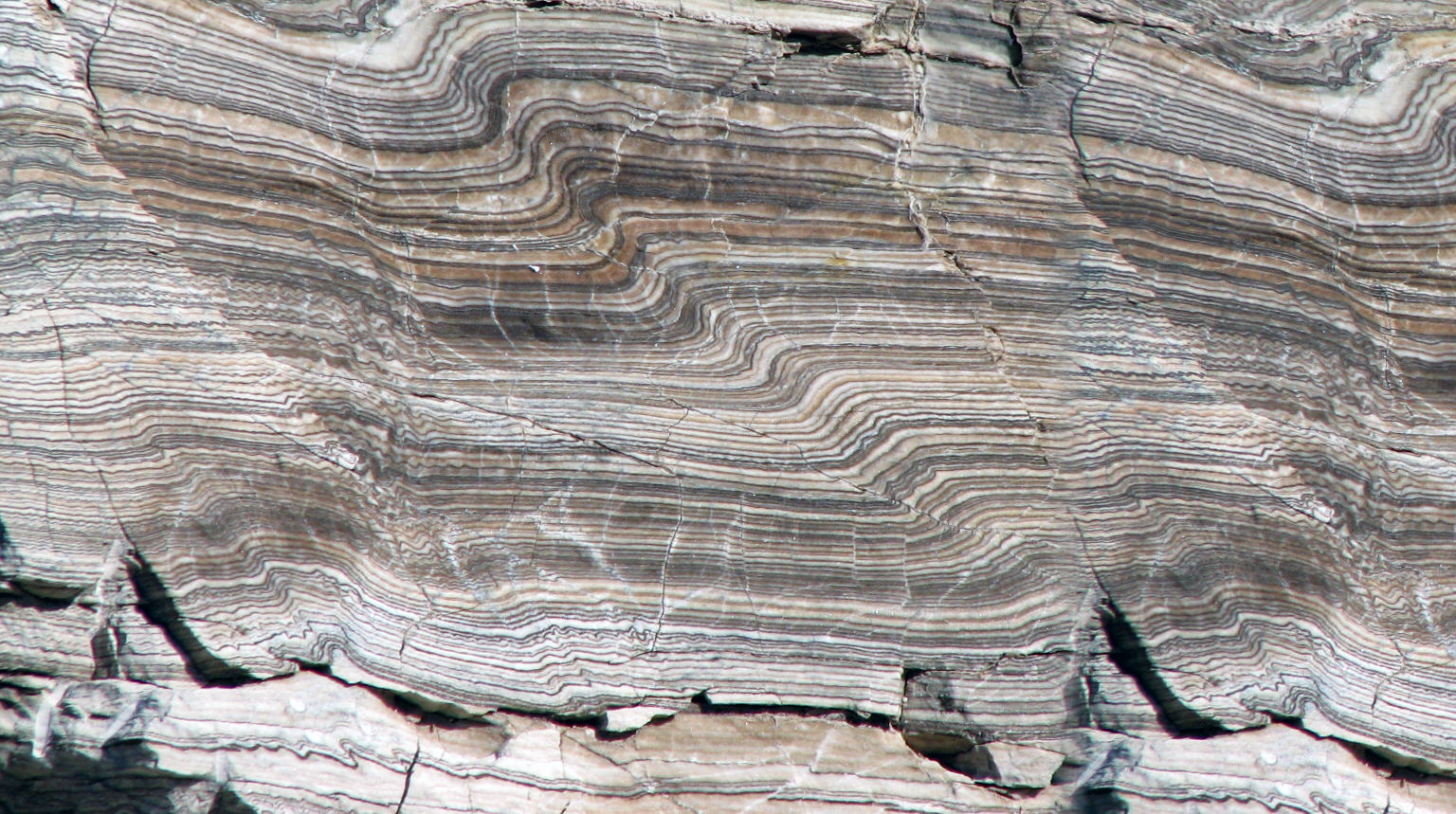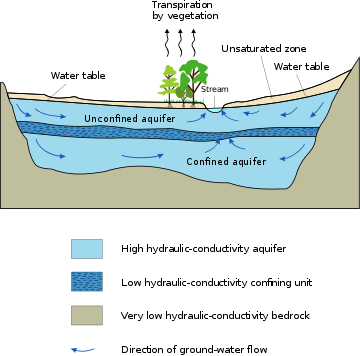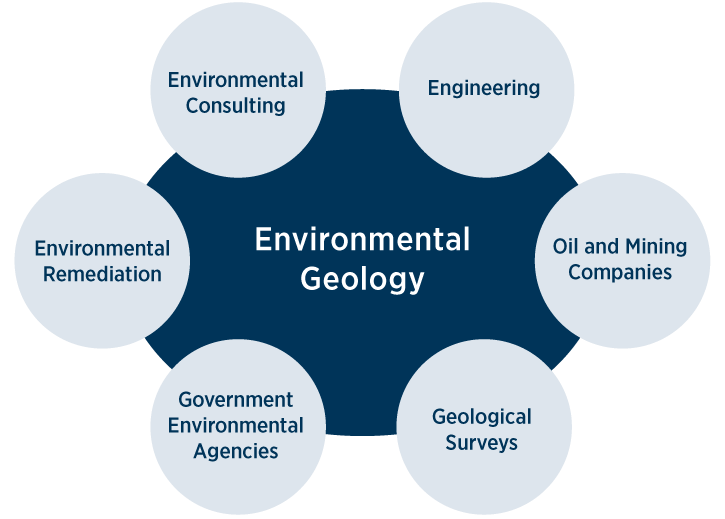Course Details:
Geology is the scientific study of the Earth, including its materials, processes, history, and structure. It encompasses various aspects such as the study of rocks, minerals, fossils, landforms, natural resources, and the interactions between the Earth's systems. Geologists investigate the Earth's past and present to better understand its future.
The course overview for geology are as follows :
- Introduction to Geology: This introductory course provides an overview of the fundamental concepts and principles of geology. It covers the Earth's structure, geological time scale, plate tectonics, and basic geological processes.
- Mineralogy: This course focuses on the study of minerals, including their identification, classification, crystal structures, and physical and chemical properties.
- Petrology: Petrology deals with the study of rocks, including their origin, classification, composition, and texture. It involves the identification and interpretation of different rock types.
- Structural Geology: This course explores the deformation and structural features of rocks and the processes that lead to their formation. It includes the study of faults, folds, joints, and other geological structures.
- Sedimentology and Stratigraphy: Sedimentology focuses on the study of sedimentary rocks and the processes involved in their formation, transportation, and deposition. Stratigraphy deals with the study of rock layers (strata) and their chronological arrangement to understand the Earth's history.
- Paleontology: Paleontology is the study of fossils and ancient life forms. This course examines the principles of fossil preservation, evolution, and the use of fossils in interpreting Earth's history.
- Geophysics: Geophysics involves the application of physics principles and techniques to study the Earth's physical properties, such as gravity, magnetism, seismic waves, and the Earth's interior structure.
- Geochemistry: Geochemistry focuses on the study of the Earth's chemical composition, including the distribution and behavior of elements and compounds. It involves analyzing rocks, minerals, and fluids to understand geological processes.
- Environmental Geology: This course explores the interaction between human activities and the Earth's systems. It covers topics such as natural hazards, groundwater contamination, pollution, and resource management.
- Fieldwork and Field Methods: Fieldwork is an integral part of geology education. It involves hands-on field experiences where students apply their knowledge in real-world geological settings, including mapping, sample collection, and data analysis.
These are just some of the core courses you may encounter in geology programs. Additionally, elective courses may cover specialized topics like hydrogeology, volcanology, economic geology, geotechnical engineering, and planetary geology, depending on the focus and interests of the program or institution.
Course Structure:
A Bachelor of Science(B.Sc.) in Geology can be earned
after three or four years of study at Anchor University.
The majority of staff members who are tutors in their field provide tutorials,
classes, and lectures. Many of them are top-tier experts with extensive training in
both teaching and research. Educated PhD students and early-career researchers with
practical research experience may also conduct some teaching.
-
First Year Courses
- Core Courses (70%):
- General Geology I
- Geology II General
- General Chemistry I
- General Chemistry II
- General Physics I
- General Physics II
- General Biology I
- Elementary Mathematics I
- Descriptive Statistics
- Introduction to Computer Science
- Laboratory I General Physics
- General Physics Laboratory II
The courses listed on this page are illustrative and may change.
Assessment
- Continuous Assessment.
- Projects
- Examination.
- Pratical
-
Second Year Courses
- Core Courses (70%):
- Physical Geology
- Crystallography
- Field Geology I
- Introduction to Geology of Nigeria
- Systematic Palaeontology
- Sedimentology
- Introduction to Surveying
- Mineral Resources & Environmental Geology
- Principles of Stratigraphy
- Elementary Structural Geology
- Introduction to Petrology
- Physical Chemistry II
- Analytical Chemistry I
- Elementary Differential Equations I
- General Physics IV
The courses listed on this page are illustrative and may change.
Assessment
- Continuous Assessment.
- Projects.
- Examination.
- Pratical
-
Third Year Courses
- Core Courses(70%):
- Optical and Determinative Mineralogy
- Sedimentary Petrology
- Metamorphic Petrology
- Stratigraphy
- Igneous Petrology
- Principles of Geophysics
- Structural Geology
- Geochemistry
- Field Geology II
- Photogeology & Remote Sensing
- Geological Research Technique
- Geology & Mineral Resources of Africa
- Instrumental Methods of Analysisy
- Venture Creation and Growth
- Entrepreneurship and Innovation
- Regional Geology of Africa
- Entrepreneurship
- Palaeobiology
- Inorganic Chemistry III
- Petrochemistry
- Applied Spectroscopy
- Electromagnetic Waves & Optics
- Solid State Physicsptics
- Students Industrial Work Experience Scheme (SIWES)
The courses listed on this page are illustrative and may change.
Assessment
- Continuous Assessment.
- Projects.
- Examination.
- Pratical
-
Fourth Year Courses
- Core Courses(50%):
- Research Project
- Petroleum Geology
- Applied Geochemistry
- Palynology
- Geology
- Applied Geophysics
- Hydrogeology
- Geotectonics
- Engineering Geology
- Seminar
- Micropaleontology
- Advanced Metamorphic Petrology
- Advanced Igneous Petrology
- Regional Structural Geology
- Geology & Mineral Resources of Africa
- Radiochemistry & Nuclear Chemistry
- Acoustics
- Soil Ecology
- Advanced Cartographic Techniques
- Arid and Semi-Arid Lands
The courses listed on this page are illustrative and may change.
Assessment
- Continuous Assessment.
- Projects.
- Examination.
- Project






